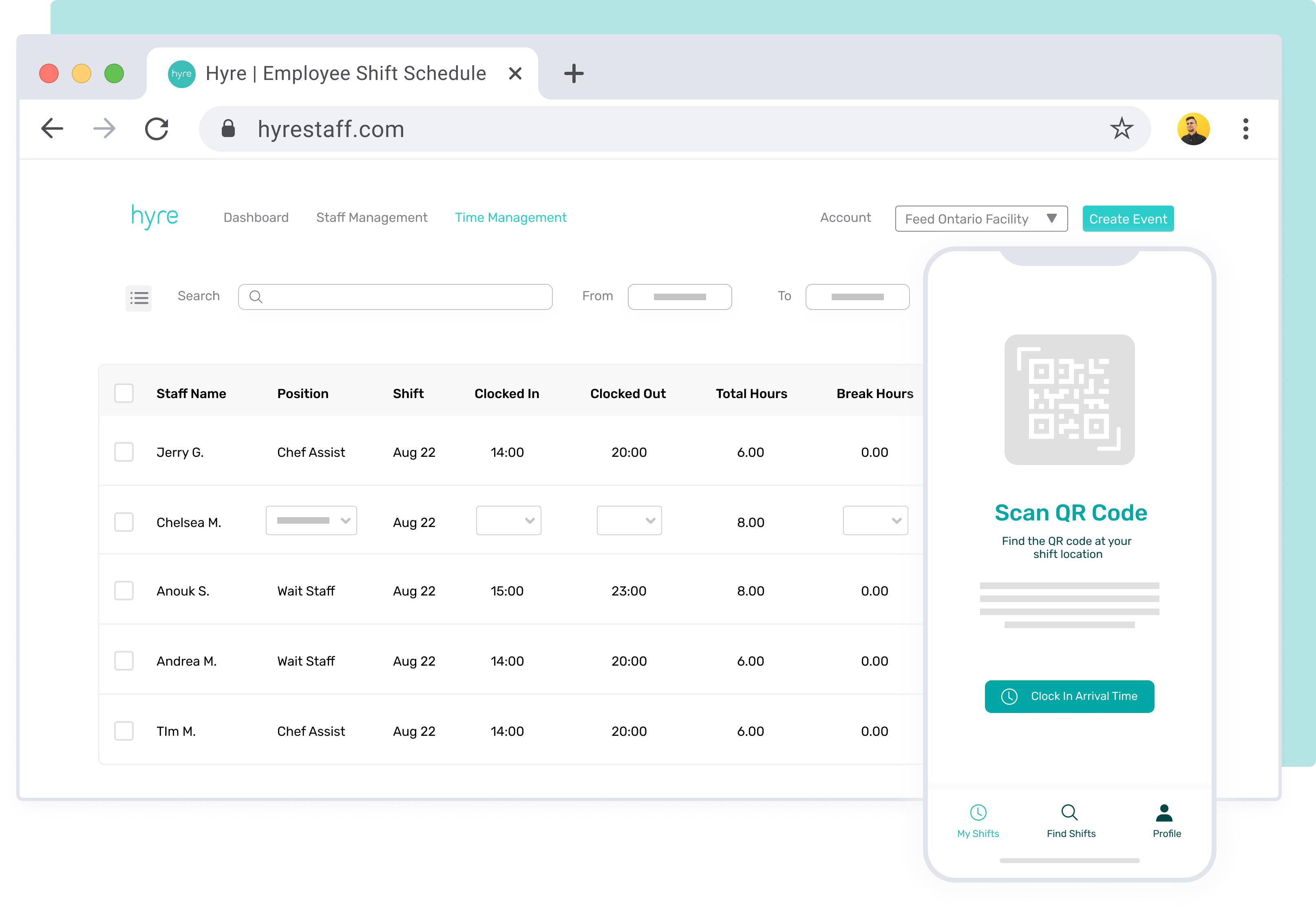Implementing a mindful evening routine is one of the most powerful ways you can improve productivity. While working late and completing tasks before bedtime may seem like they’re helping you get more done, chances are these habits are actually hindering your productivity—and negatively affecting your overall wellbeing. Simple actions and a consistent routine can make a big difference in helping you make the most of your day and feel accomplished.
It can take time to form the habit of consistently following an evening routine, but the benefits of even the smallest adjustment can be felt immediately. Better sleep, reduced stress, improved mental and physical wellbeing, increased productivity, and more personal time can all be gained from mindfully planning out your evenings. Use the following steps as a guide to create a mindful evening routine that works for you!
1. Time block your evening
Time blocking is a helpful tool to ensure your evening routine stays on track. When you have a spare moment in the day, block out activities for the upcoming evening in fifteen-minute, thirty-minute, or hour-long increments. Balance is key with time blocking, so be sure to include equal parts downtime (such as catching up on a show or reading) and task-oriented goals (like laundry or meal prep). Always include at least one activity you love and look forward to as it will fuel you to power through the rest of your workday. More info on time blocking can be found here, as well as access to our free time blocking template.
Switch from Pen and Paper to Error-Free Timesheets
Automate your timesheets to eliminate errors and ensure accurate payroll management with Hyre’s digital timesheets. Get notified about important discrepancies and missing records to confirm worked shifts with ease and avoid disputes over shift information with staff.

2. Prep small tasks to get a jump on tomorrow
Light prepwork for the upcoming morning is a great addition to your time blocked evening routine. Small tasks like putting out exercise clothes or unrolling a yoga mat for your morning workout and clearing your dish drying rack are helpful and require minimal effort. Be mindful of doing any prep that is overstimulating or anxiety-inducing, however—this includes anything work-related if you can help it. It may seem counterintuitive, but a night off will recharge you to tackle your work tasks with new energy the next day.
3. Reduce sleep disruptors and stimulants
Coffee, alcohol, and even food can affect your ability to fall asleep, and a compromised sleep can greatly impact your ability to function the next day. To ensure sleep disruptors don’t affect your night’s rest, avoid caffeine at least 6 hours before bedtime. Alcohol may make you drowsy but it impacts your ability to stay asleep, so refrain from drinking at least two hours before hitting the hay. Limit food intake two hours before bed as well, since food triggers insulin production which sends wakeful signals to your brain.
4. Put screens away at least an hour before bedtime
Another major sleep disruptor is blue light emitted from electronics. Blue light throws off your body’s circadian rhythm (the biological clock that signals when to sleep and when to be awake), and exposure comes from looking at screens of all kinds, including phones, laptops, and TVs. Studies show that blue light suppresses melatonin (a hormone that helps you sleep) more than regular light and disrupts circadian rhythms twice as much. Limiting screen time in the evening and logging off at least one hour before bedtime drastically improves your quality of sleep. For night shift workers, wearing blue light-blocking eyewear on the job can help ensure adequate post-work rest.
5. Turn to reading or journaling instead
Engaging in mindful, screen-less activities before bed is immensely beneficial for productivity and wellness. Reading for just 30 minutes a day has been shown to reduce stress and anxiety, lower blood pressure and heart rate, and even help you think more empathetically. People who read before bed reported improved sleep quality overall, which leads to a more successful next day. Incorporating journaling into your evening routine can help you feel more in tune with your emotions and heighten self-awareness. You can also use your journal to jot down memorable moments from the day, track daily habits, or express yourself creatively through drawing or creative writing.
6. Reflect on the day and practice gratitude
Instead of over-planning for tomorrow, use the free time in the evening to reflect on your day—What went right? What went wrong? What are you proud of? What could be improved upon? Even if you had a bad day, trying to find a sense of accomplishment or gratitude can help ease your mind before sleep and lift your spirits to tackle the week ahead.
7. Aim for 8 hours of sleep each night
There’s endless amounts of research that shows the importance of good sleep hygiene. On top of facilitating healthy brain function, recent findings suggest that deep sleep can even protect against dementia and Alzheimer’s disease. Aiming for 8 hours a night gives you a better chance of falling into deep sleep, which in turn benefits cognitive function and memory. Try to go to bed at roughly the same time each night—this regularity helps you fall asleep faster and ensures more regular deep sleep.
8. Wake up well before you have to actually start your day
Although snoozing until the last possible minute is tempting, waking up well before your workday officially starts (whether it be in-person or online) grants you “you time.” Instead of rushing to get ready and jumping right into the chaos of the day, having time to yourself in the morning is incredibly peaceful—and you can choose to spend it however you want. Maybe it’s going for a run to catch the morning sun during the months it gets dark early, or starting the day with a creative project when you’re feeling fresh from a good sleep. Whatever it is, this time is guaranteed to make your day feel longer and more fulfilling.
We hope these guidelines help you craft an evening routine that you’re able to stick with and see the benefits from. For the shift-based workforce, consider using employee scheduling software at your organization—this powerful tool streamlines operations and reduces the amount of time spent on daily tasks so you can focus on you after the workday is done.
What’s your favorite way to wind down before bed? Share your evening routine expertise in the comments below!
Want to up your employee shift scheduling game?
Try Hyre’s Employee Shift Scheduling Software for free!
Our platform tracks time and attendance, automates your weekly scheduling tasks, improves internal communication, reduces turnover costs, increases job satisfaction and overall work performance. Hyre is also equipped with a free COVID health tracking module.
